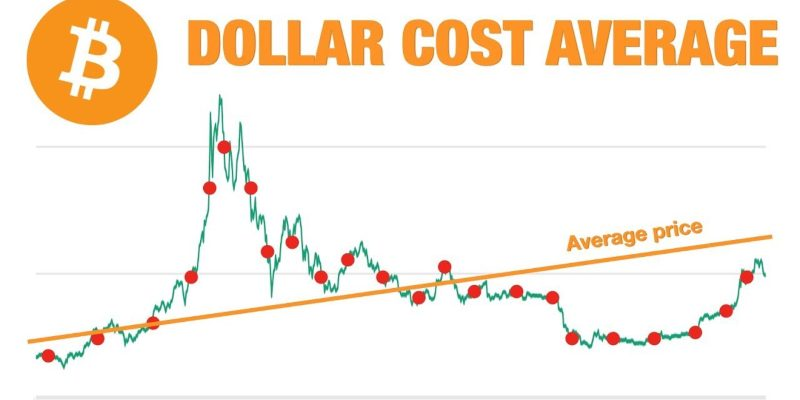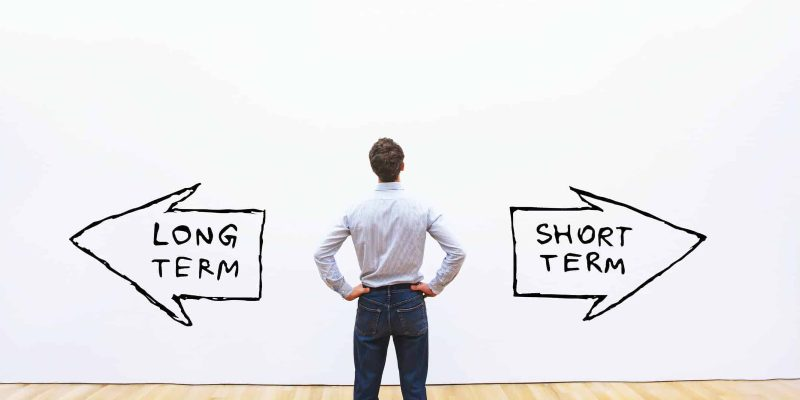Recession warnings have been heard recently due to rising inflation and interest rates and a steep decline in the stock market. However, investing during a recession doesn't need to be nerve-wracking if you understand what to search for. Although it would be ideal for constructing a portfolio that includes all of these methods, even moderate success with any of them might substantially influence your financial future. The following factors might be looked at to assist you in developing a strategy that works for you. When signs of an economic downturn are widely accepted, consumer and business spending and investment begin to decline in a vicious cycle. To keep businesses investing, central banks generally reduce interest rates at this juncture.
How To Make Investments In A Down Economy
If you invest during a recession, you may be tempted to try to time the market by purchasing stocks at low and declining prices, expecting they would soon recover. Risk tolerance and time horizon (how long you have before you need the money) are two of the most important considerations when determining the best method to handle your money during a recession. It may be difficult and unpleasant to decide where to spend your money during such a recession during the economic crisis. Stocks, for example, might be a riskier investment in a down market. However, if you stick to these fundamental and time-tested principles, you may be able to produce steady returns even in a recession.
How To Make Investments In A Down Economy
When investing throughout a recession, it might be tempting to try to time the market by buying stocks at a low point in the hopes that they would swiftly recover. Risk tolerance and time horizon (how long you have before you need the money) are two of the most important elements to consider when determining the best method to handle your money during a recession.
Averaging Your Expenses Over Time (Dca)

Suppose you are already investing regularly via your broker. In that case, whether you have a 401(k), IRA, or non-retirement account, it may be prudent to keep doing so throughout a recession. If the market goes up or down, you may still use the dollar-cost averaging approach to invest the same amount every month. Therefore, you should increase your stock purchases during periods of falling stock prices and reduce your purchases during periods of rising stock prices. In the next table, we see what would happen if an investor spent $1,000 on a stock every three months for a year.
Get Your Investments Back In Line
If you anticipate that prices will continue to decline, you may adjust the proportion of your holdings toward such assets. After that, you rebalance your portfolio or reallocate your assets to where they should be. If your goal is to have 60% in stocks and 40% in bonds, but the stock market drops, your bond allocation will grow while your stock allocation will fall. If you wanted to rebalance the overall addition to appropriate $6,000 in stocks and $4,000 in bonds, you would sell $1,500 worth of bonds and put that money into your stock portfolio. On the other hand, when rebalancing throughout an expansionary period, bonds are sold, and equities are bought to achieve the desired allocation.
Hold On To A Long-Term Perspective

You shouldn't need to withdraw from your stock, but the stock investment account accounts for at least five to 10 years. Market fluctuations in the near term should not cause undue concern.
Conclusion
Generally speaking, at least two consecutive quarterly Economic contractions constitute a recession. Low economic growth isn't the only cause of recessions. It's very uncommon for these events to be accompanied by several additional traits, including significant job losses, reduced available jobs, and higher government support in the form of stimulus funds and enhanced unemployment benefits. Beyond the technical definition, an economic downturn indicates a decrease in overall economic growth. While certain industries may see expansion and others contraction, economic activity as a whole is expected to decline during a recession. Decreases in both investment and consumption precede economic downturns. There are several possible causes for this. Consumers might get into too much debt, corporate values can be excessively high, or funding can dry up.




